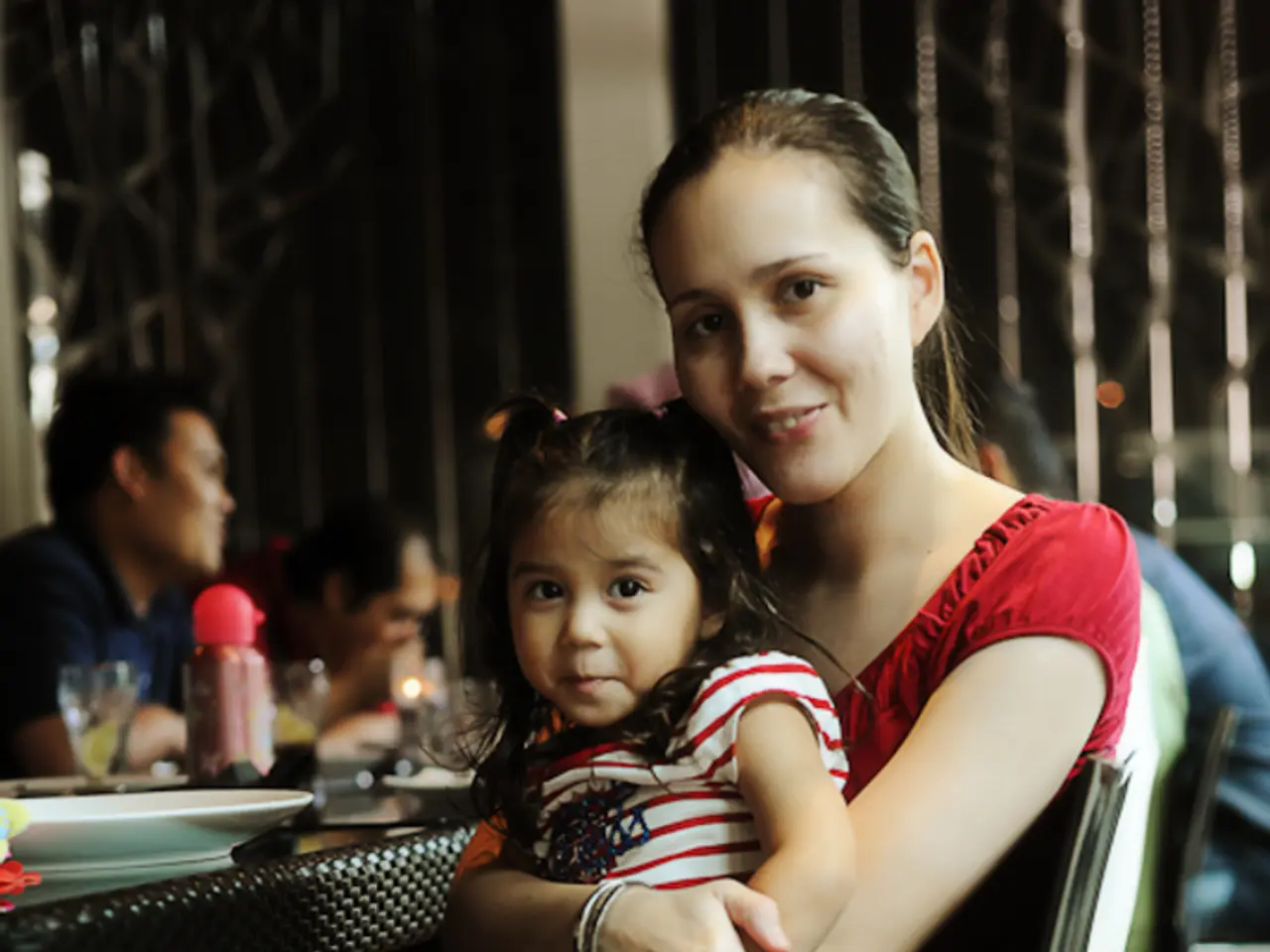In contrast to German mothers, six nations offer legal options that compel biological fathers into paternal roles.
In recent years, several European countries have introduced innovative parental leave policies aimed at fostering gender equality and enhancing work-life balance for both parents. One standout model, the Icelandic approach, has been praised as a pioneer in contemporary family policy and has resulted in high father engagement in childcare.
Iceland, renowned for its progressive stance, automatically allocates six months of parental leave to the father, with no option for transfer. The country covers approximately 80 percent of income up to a maximum limit during this period. This policy has significantly reshaped society, fostering a more equitable distribution of childcare responsibilities.
Other nations, such as Spain, have adopted similar measures. Since 2021, Spanish fathers must take six weeks of leave immediately following birth, with no room for negotiation. Similarly, Portugal mandates fathers to take at least 20 days of leave, five of which must be taken immediately after birth, and offers full wage compensation.
Sweden, another innovator, reserves 90 days of the total 480 parental leave days for each parent, with the remaining days able to be distributed freely. However, there are penalties for not utilizing the 'father months'. Norway, too, reserves 15 weeks of the total 49 weeks of parental leave exclusively for fathers, and those who do not use it forfeit the money.
Conversely, Germany, while encouraging fathers to take on more childcare responsibilities, has traditionally relied on voluntarism. German fathers are increasingly involved in childcare tasks, but most only take the 'paternity months' off work after the birth. As of 2024, German fathers take an average of 3.8 months of parental leave, while mothers take 14.8 months, and only about 26 percent of all parental allowance recipients are male.
To foster more equal participation, Germany could strengthen paternal leave by implementing non-transferable reserved leave periods for fathers, as seen in Iceland, Norway, and Sweden. Additionally, introducing mandatory minimum paternity leave like in Portugal and Spain, alongside offering full or income-dependent wage compensation during leave, could further encourage father involvement.
Moreover, countries like France require 28 days of paternity leave, including seven mandatory days immediately after birth, and provide income support for families. Spain, too, offers 100% of the salary during the leave, potentially altering hiring practices in the long run.
These policies not only benefit the families involved but also society as a whole. Promoting gender equality and enhancing work-life balance for both parents can lead to stronger father-child bonds, changes in hiring practices, and a more equitable distribution of responsibilities within families.
As we look towards the future, it is evident that the landscape of parental leave policies in Europe is shifting. With countries like Germany contemplating changes to their paternity leave policies, we may see more fathers taking on a more active role in childcare in the coming years.
Read also:
- Parliamentary Meetings in the Federal Diet of Germany this Week
- A Meniscus Tear refers to a common knee injury that occurs when the meniscus, a crescent-shaped cartilage within the knee joint, becomes torn or damaged.
- Startupopportunities available at the European Health Congress; submissions accepted for potential collaborations
- Lockdowns fuel COVID-19 threat perception, according to recent research in the UK




